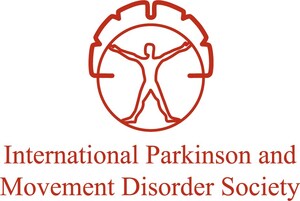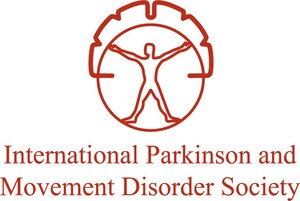
HONOLULU, Oct. 5, 2025 /PRNewswire/ -- Disease-modifying treatments for movement disorders are scarce, but results from two clinical trials indicate a pair of promising options for people with Friedreich's ataxia (FA), according to data released at the International Congress of Parkinson's Disease and Movement Disorders® in Honolulu.
"The findings in these abstracts are exciting for their potential to change the long-term outlook for individuals with Friedreich's ataxia," said Dr. Liana Rosenthal, Associate Professor of Neurology at Johns Hopkins University School of Medicine. "They show that multiple agents are now demonstrating durable benefit in FA. More broadly, they reflect a shift in Movement Disorders toward disease-modifying therapies, providing a model for how long-term follow-up and natural history data can guide progress in other rare neurodegenerative diseases."
Vatiquinone is an oral first-in-class inhibitor of 15-lipoxygenase under investigation for the treatment of FA, a disease characterized by progressive neurological damage that affects gait and balance, eventually leading to loss of ambulation. In a long-term analysis, researchers compared 24-month outcomes from a placebo-controlled phase 2 study of vatiquinone to a matched natural history cohort to examine the effect of vatiquinone treatment on disease progression in ambulatory and nonambulatory adults with FA.
Patients receiving vatiquinone demonstrated a 0.917-point improvement in mFARS score, whereas the natural history cohort showed a 3.892-point worsening, a −4.809 least squares mean difference favoring vatiquinone (P<0.0001). The drug was well tolerated with no treatment-related serious adverse events, further supporting that long-term vatiquinone use effectively preserves function.
Similarly, an open-label extension of a separate clinical trial investigated the long-term use of omaveloxolone, an oral medication approved for FA treatment. In this longest study of a disease-modifying therapy in patients with FA, those receiving omaveloxolone over 4 years showed slower disease progression compared to natural history cohorts, with no significant worsening of bulbar function and upper limb coordination.
"Because steady decline has long been the expectation in FA, these findings raise real hope that targeted therapies could alter the course of the disease," said Dr. Rosenthal. "They also show how critical natural history cohorts are in rare conditions and how much we learn from long-term follow-up about both safety and treatment effect.
"Taken together, these findings mark real progress."
The full text of the abstract is available at mdsabstracts.org.
A bout the 2025 MDS International Congress of Parkinson's Disease and Movement Disorders ® :
The MDS International Congress is the premier annual event to advance the clinical and scientific discipline of Movement Disorders, including Parkinson's disease. Convening thousands of leading clinicians, scientists and other health professionals from around the globe, the International Congress will introduce more than 1,800 scientific abstracts and provide a forum for education and collaboration on latest research and treatment findings.
About the International Parkinson and Movement Disorder Society:
The International Parkinson and Movement Disorder Society® (MDS), an international society of more than 12,000 clinicians, scientists, and other healthcare professionals, is dedicated to improving patient care through education and research. For more information about MDS, visit www.movementdisorders.org.
SOURCE International Parkinson and Movement Disorder Society








Share this article